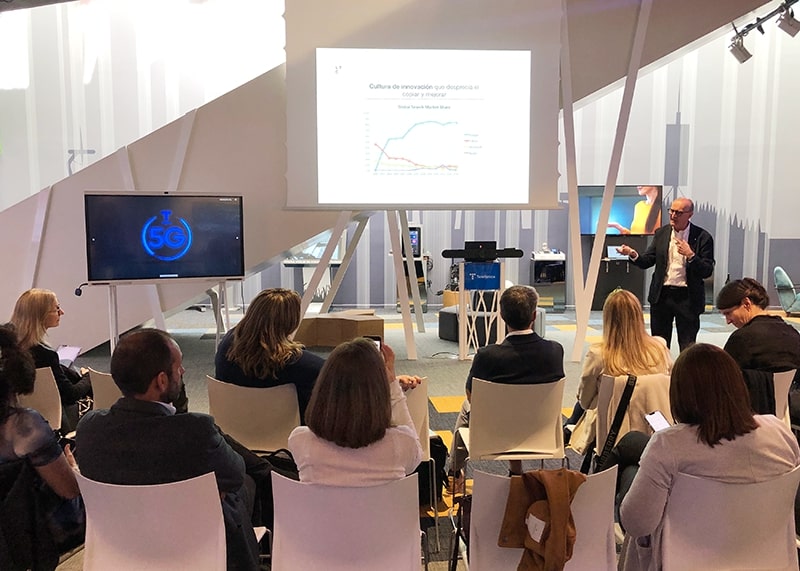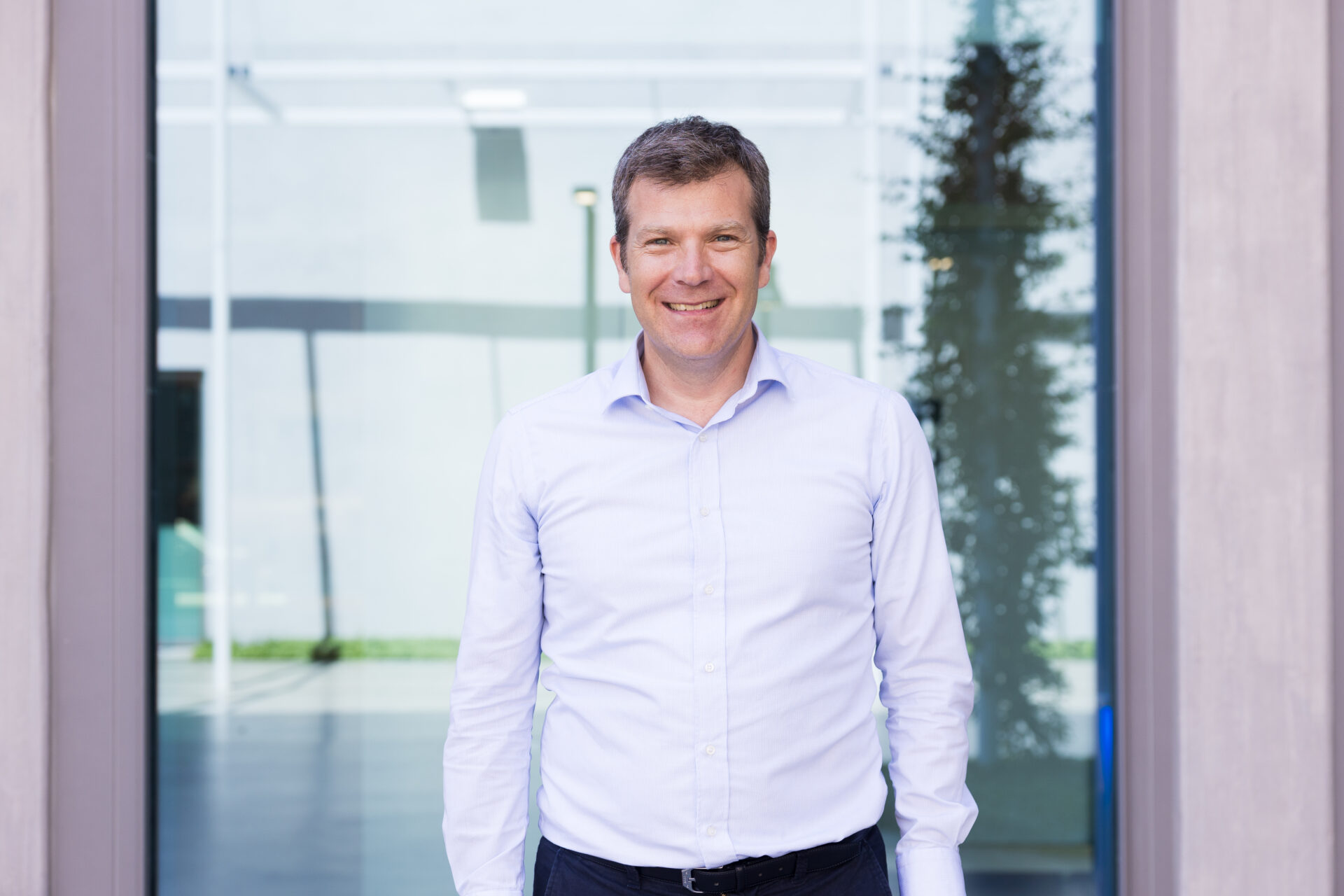Innovation without Disruption: Reimagining the Path to the Future of Business with Xavier Marcet

In the fast-paced business world, the constant pursuit of innovation has become the mantra of both large and small companies. However, what happens when innovative efforts fail to bear fruit? Last Friday, April 12th, we visited the Telefónica Tower in Barcelona to learn about its Corporate Innovation Center and Wayra, its Corporate Venture. Throughout the day, Xavier Marcet, president of Lead to Change, invited us to pause and reflect on this paradox.
The Dilemma of Innovation
In his seminal work “The Innovator’s Dilemma,” Clayton Christensen reminds us that innovation doesn’t always equate to disruption. Marcet takes us beyond this concept, exploring the various facets of innovation: from operational efficiency to the radical transformation of markets.
Innovation is not a linear or predictable process; it manifests in various forms, from improving existing products to creating new markets. However, it has often been focused on imitating Silicon Valley rather than embracing a unique identity. The dynamic between exploiting the existing and exploring the new is complex; it requires long-term vision, constant communication, and a culture of strong leadership solidarity. Even when the requirements for transferring exploration to exploitation are met, this process is more of an exception than the rule.
Innovation is not a linear or predictable process; it manifests in different forms, ranging from improving existing products to creating new markets.
Reimagining Innovation
In the past, innovation used to ignore external considerations, but now reflections on environmental and social sustainability are emerging. Marcet challenges us to rethink some premises about innovation:
- We often equate innovation with technology, yet it’s important to incorporate empathy into this equation.
- The future isn’t coming as fast as we may think.
- Imitation and improvement, common practices in the business world, are often underestimated.
- Growth doesn’t always have to be exponential. It takes time and process.
- Startups are not the sole engine of the economy.
While startups are fascinating, they won’t necessarily overshadow large companies, and growth doesn’t always have to be exponential.
Innovation without disruption
Marcet urges us to consider a new form of innovation: non-disruptive creation, which aims to expand the ‘pie’ rather than completely reinventing it, offering us several propositions to reflect upon:
- Innovation is essential for creating future competitiveness.
- Innovation requires a medium-term perspective.
- Innovation is risky, but the greatest risk is not innovating.
- Europe needs to develop its innovation models.
- Monitoring of innovation must be accounted for and measured.
- Innovation must be compatible with environmental and social sustainability.
In a constantly changing world, it’s important to rethink our approaches, reclaim other logics, and embrace a more conscious and sustainable innovation.


